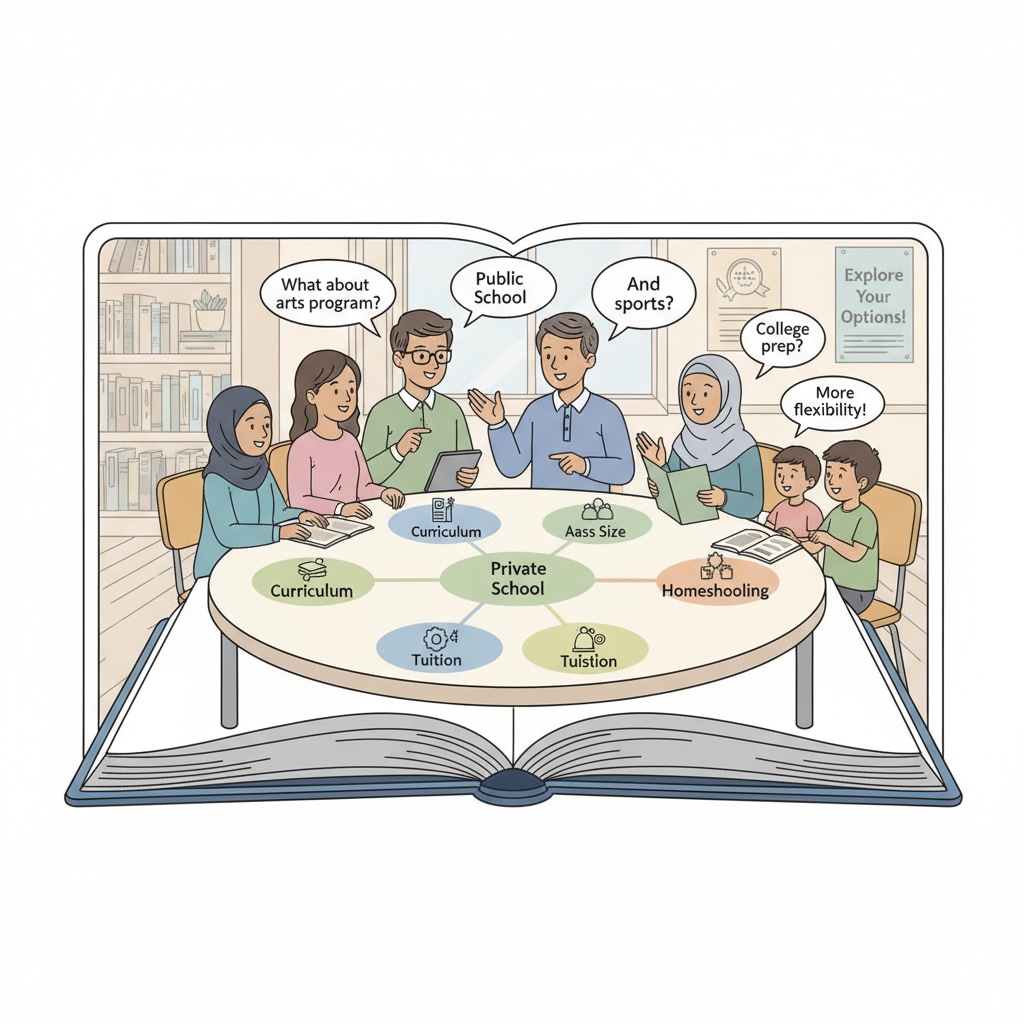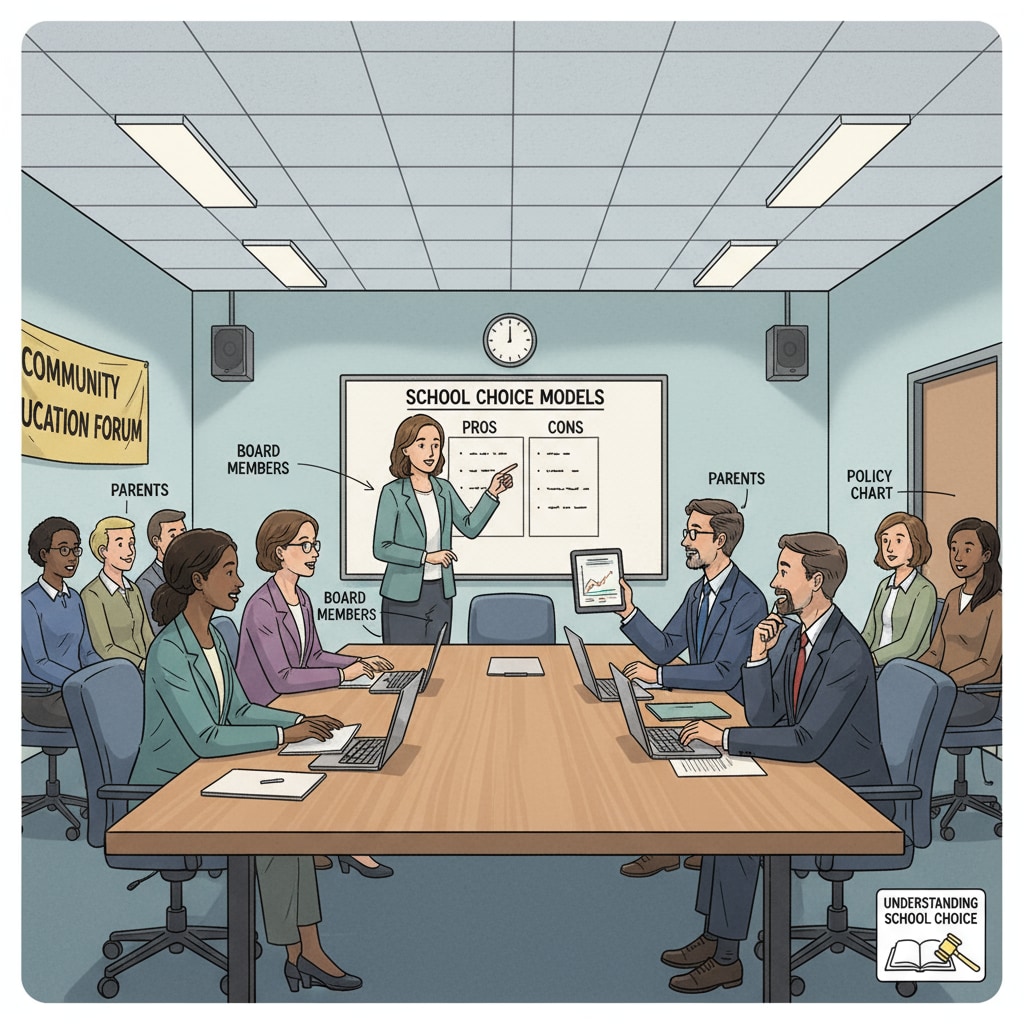School choice, political controversy, and education policy are intertwined topics that have sparked intense debates in the field of education. The school choice system, a policy that allows students and parents to select schools outside of their assigned neighborhood schools, has become a significant area of focus. This system is not only about educational options but also involves complex political and social implications.

The Concept of School Choice System
The school choice system encompasses various forms, such as charter schools, magnet schools, voucher programs, and open enrollment. Charter schools are publicly funded but operate independently, often with unique educational models. Magnet schools attract students with specialized programs, like science, technology, engineering, and mathematics (STEM). Voucher programs provide parents with public funds to send their children to private schools. Open enrollment allows students to attend schools outside their district boundaries.
These options aim to give parents more control over their children’s education, promoting competition among schools, and potentially improving educational quality. For example, a parent who believes their child would benefit from a more innovative curriculum might choose a charter school over a traditional public school.
The Development of School Choice
The idea of school choice has a long history. It emerged as a response to concerns about the quality and uniformity of public education. In the United States, the concept gained traction in the 1960s and 1970s, driven by civil rights movements and the desire to desegregate schools. Over time, different states have implemented various school choice policies.
As society evolved, so did the reasons for promoting school choice. In addition to desegregation, issues like educational innovation and meeting the diverse needs of students became important factors. Some states introduced voucher programs to give low-income families more educational opportunities.

The Political Controversy Surrounding School Choice
The school choice system has become a highly politicized issue. Supporters argue that it promotes educational freedom, allows parents to choose the best fit for their children, and encourages competition among schools, which can lead to overall improvement in education. They believe that more choices empower families, especially those from disadvantaged backgrounds.
However, opponents raise concerns about potential negative impacts. They worry that school choice may lead to increased segregation, as students from different socioeconomic backgrounds may flock to different schools. Additionally, there are fears that it could drain resources from traditional public schools, leaving them in a worse state.
In conclusion, the school choice system is a complex policy that combines the ideals of educational freedom and the pursuit of equity. While it offers opportunities for students and parents, it also brings about significant political controversies. Finding the right balance between providing choices and ensuring equal access to quality education remains a crucial challenge in the realm of education policy.
Readability guidance: This article uses short paragraphs and lists to summarize key points. Each H2 section provides a clear set of ideas. The proportion of passive voice and long sentences is controlled, and transition words are used throughout to enhance readability.


